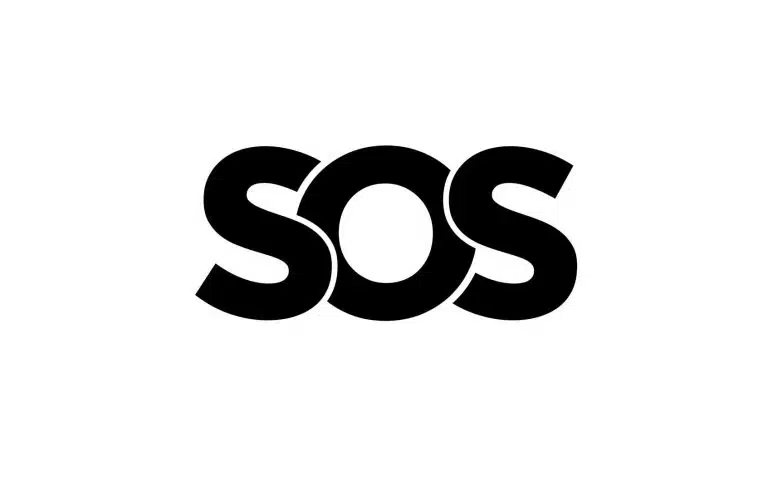Secular Organizations For Sobriety (SOS)
- What Is Secular Organizations For Sobriety (SOS)?
- How Did SOS Start?
- Principles Of SOS
- How SOS Works

Many support groups that address addiction and sobriety focus on a higher power or God in their practice. However, Secular Organizations for Sobriety (SOS) are for those who are not comfortable with that.
SOS takes a self-empowerment approach to recovery and puts the responsibility on the individual for achieving and maintaining sobriety. They also encourage the use of the scientific method to understand drug addiction and alcoholism.
What Is Secular Organizations For Sobriety (SOS)?
Secular Organizations for Sobriety (SOS) is a nonprofit network of non-professional local support groups. Its purpose is to help individuals achieve and maintain sobriety whether it be from an alcohol addiction, drug addiction or food addiction.
But don’t let the secular name fool you. If you’re a spiritual person, you can still go to meetings. It’s simply not something they discuss or that’s part of the program. They also believe that addiction is a disease that can never be cured but that long-term sobriety is possible.
Membership & Themes
Membership is confidential and free, although donations are requested in order to keep the group running. Individuals are encouraged to use rational thought and decision-making and take responsibility for themselves and their actions.
Sobriety and responsibility are the overarching themes of the organization and members are encouraged to work together as a group to hold each other accountable and improve their own quality of life through sobriety. “Sobriety is the Priority” is the organization’s motto.
There are support group meetings around the world in-person and online, so you’re likely to find one near you.
How Did SOS Start?
Secular Organizations for Sobriety was founded by James Christopher in 1985. He was a sober alcoholic and wrote an article for Free Inquiry Magazine about the path he took to recovery and sobriety, titled “Sobriety without Superstition.”
There was a huge response to the article and Christopher then founded Secular Organizations for Sobriety Save Our Selves.
Since then, he has written multiple books including How to Stay Sober: Recovery Without Religion, Unhooked: Staying Sober and Drug Free, and SOS Sobriety: The Proven Alternative to 12-Step Programs.
Principles Of SOS
Similar to other addiction self-help groups like Alcoholics Anonymous (AA), SOS has some basic principles it encourages its members to live by.
The guiding principles of SOS are:
- All those who sincerely seek sobriety are welcome as members in any SOS group.
- SOS is not a spin-off of any religious or secular group. There is no hidden agenda; SOS is concerned with achieving and maintaining sobriety (abstinence).
- SOS seeks only to promote sobriety among those who suffer from addictions. As a group, SOS has no opinion on outside matters and does not wish to become entangled in outside controversy.
- Although sobriety is an individual responsibility, a life of sobriety does not have to be faced alone. The support of other alcoholics and addicts is a vital adjunct to recovery. In SOS, members share experiences, insights, information, strength, and encouragement in friendly, honest, anonymous, and supportive group meetings.
- To avoid unnecessary entanglements, each SOS group is self-supporting through contributions from its members and refuses outside support.
- Sobriety is the number-one priority in a recovering person’s life. As such, they must abstain from all drugs or alcohol.
- Honest, clear, and direct communication of feelings, thoughts, and knowledge aids in recovery and in choosing nondestructive, non-delusional, and rational approaches to living sober and rewarding lives.
- Because knowledge of addiction might cause a person harm or embarrassment in the outside world, SOS guards the anonymity of its membership and the contents of its discussions from those not within the group.
- SOS encourages the scientific study of addiction in all its aspects. It does not limit its outlook to one area of knowledge or theory of addiction.
How SOS Works
Secular Organizations for Sobriety uses meetings to spread information, offer peer support, and encourage those struggling with addiction and sobriety.
SOS meetings are like other support groups where there’s a moderator to ensure it runs smoothly and that each person has the time to share their experiences. It’s all anonymous so people feel comfortable to share their stories.
Sobriety meetings are mainly focused on the power of the individual to achieve and maintain sobriety. There are no sponsors but everyone’s input on how to stay sober is recognized.
Meetings usually start with announcements and celebrations for anyone coming upon their sober anniversaries. They then move to discussion and group interactions.
If you or a loved one has an addiction or is looking for different approaches to addiction treatment, please contact us today.
Written by Ark Behavioral Health Editorial Team
©2024 Ark National Holdings, LLC. | All Rights Reserved.
This page does not provide medical advice.
Google Books - SOS Sobriety
National Library of Medicine - Characteristics of Participants in Secular Organizations for Sobriety (SOS)
SOS Rochester - Secular Organizations for Sobriety (SOS)

Questions About Treatment?
Ark Behavioral Health offers 100% confidential substance abuse assessment and treatment placement tailored to your individual needs. Achieve long-term recovery.
100% confidential. We respect your privacy.
Prefer Texting?
Our friendly support team is here to chat 24/7. Opt out any time.







 Learn More
Learn More








